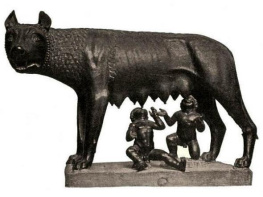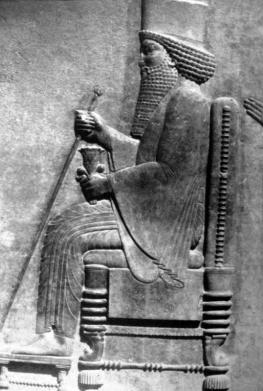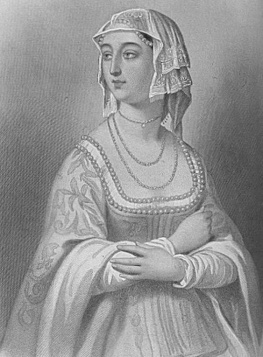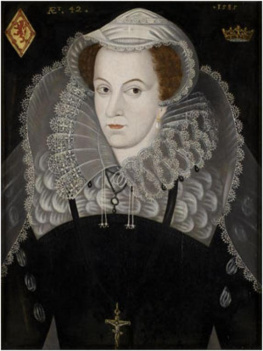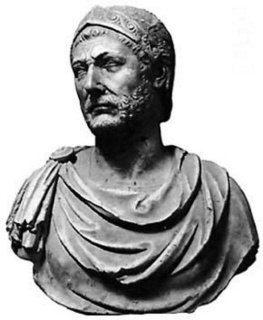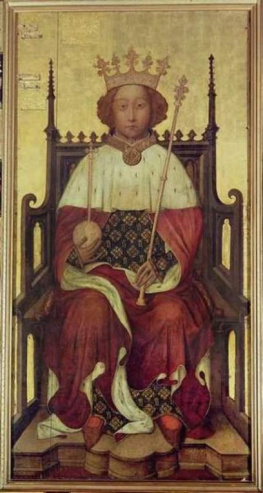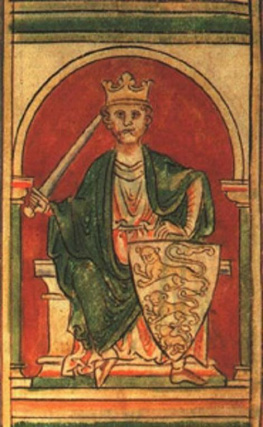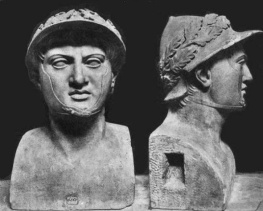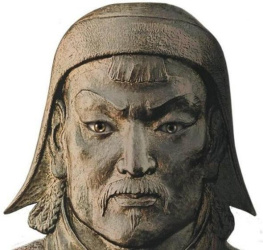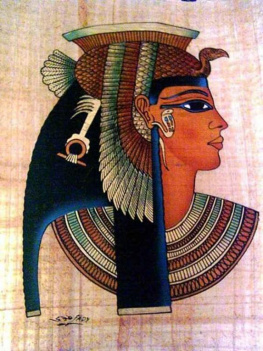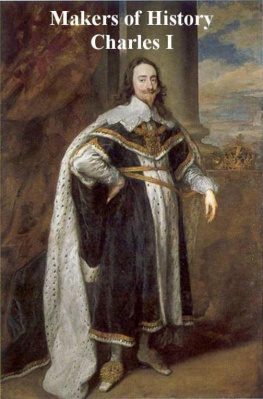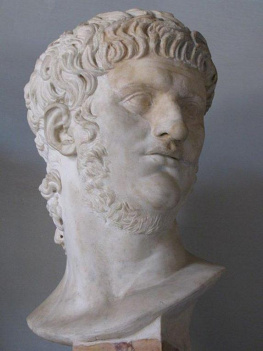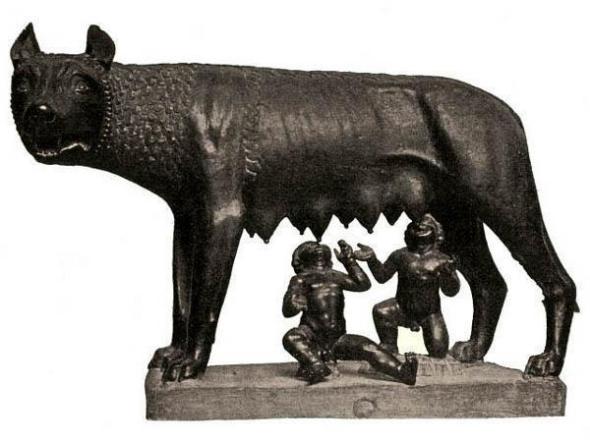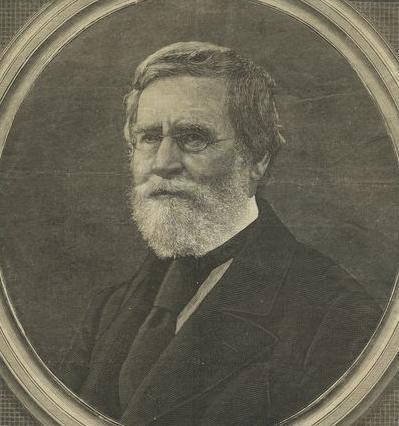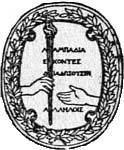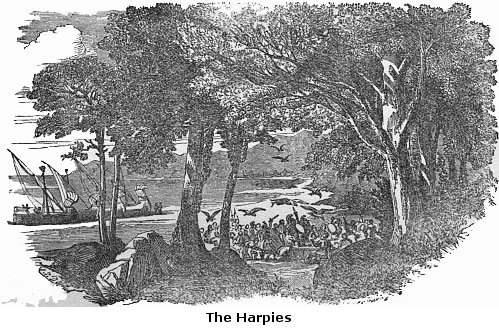Makers of History Romulus
by
JACOB ABBOTT
WITH ENGRAVINGS
NEW YORK AND LONDON
HARPER & BROTHERS PUBLISHERS
1901
Entered according to Act of Congress, in the year 1852, by
HARPER & BROTHERS,
in the Clerks Office for the Southern District of New York.
Copyright, 1880, by BENJAMIN VAUGHAN ABBOTT, AUSTIN ABBOTT,
LYMAN ABBOTT, and EDWARD ABBOTT.
Table of Contents
ENGRAVINGS.
PREFACE
In writing the series of historical narratives to which the present work pertains, it has been the object of the author to furnish to the reading community of this country an accurate and faithful account of the lives and actions of the several personages that are made successively the subjects of the volumes, following precisely the story which has come down to us from ancient times. The writer has spared no pains to gain access in all cases to the original sources of information, and has confined himself strictly to them. The reader may, therefore, feel assured in perusing any one of these works, that the interest of it is in no degree indebted to the invention of the author. No incident, however trivial, is ever added to the original account, nor are any words even, in any case, attributed to a speaker without express authority. Whatever of interest, therefore, these stories may possess, is due solely to the facts themselves which are recorded in them, and to their being brought together in a plain, simple, and connected narrative.
CHAPTER I. CADMUS.
B.C. 1500
Some men are renowned in history on account of the extraordinary powers and capacities which they exhibited in the course of their career, or the intrinsic greatness of the deeds which they performed. Others, without having really achieved any thing in itself very great or wonderful, have become widely known to mankind by reason of the vast consequences which, in the subsequent course of events, resulted from their doings. Men of this latter class are conspicuous rather than great. From among thousands of other men equally exalted in character with themselves, they are brought out prominently to the notice of mankind only in consequence of the strong light reflected, by great events subsequently occurring, back upon the position where they happened to stand.
The celebrity of Romulus seems to be of this latter kind. He founded a city. A thousand other men have founded cities; and in doing their work have evinced perhaps as much courage, sagacity, and mental power as Romulus displayed. The city of Romulus, however, became in the end the queen and mistress of the world. It rose to so exalted a position of influence and power, and retained its ascendency so long, that now for twenty centuries every civilized nation in the western world have felt a strong interest in every thing pertaining to its history, and have been accustomed to look back with special curiosity to the circumstances of its origin. In consequence of this it has happened that though Romulus, in his actual day, performed no very great exploits, and enjoyed no pre-eminence above the thousand other half-savage chieftains of his class, whose names have been long forgotten, and very probably while he lived never dreamed of any extended fame, yet so brilliant is the illumination which the subsequent events of history have shed upon his position and his doings, that his name and the incidents of his life have been brought out very conspicuously to view, and attract very strongly the attention of mankind.
* * * * *
The history of Rome is usually made to begin with the story of neas. In order that the reader may understand in what light that romantic tale is to be regarded, it is necessary to premise some statements in respect to the general condition of society in ancient days, and to the nature of the strange narrations, circulated in those early periods among mankind, out of which in later ages, when the art of writing came to be introduced, learned men compiled and recorded what they termed history.
The countries which formed the shores of the Mediterranean sea were as verdant and beautiful, in those ancient days, and perhaps as fruitful and as densely populated as in modern times. The same Italy and Greece were there then as now. There were the same blue and beautiful seas, the same mountains, the same picturesque and enchanting shores, the same smiling valleys, and the same serene and genial sky. The level lands were tilled industriously by a rural population corresponding in all essential points of character with the peasantry of modern times; and shepherds and herdsmen, then as now, hunted the wild beasts, and watched their flocks and herds on the declivities of the mountains. In a word, the appearance of the face of nature, and the performance of the great function of the social state, namely, the procuring of food and clothing for man by the artificial cultivation of animal and vegetable life, were substantially the same on the shores of the Mediterranean two thousand years ago as now. Even the plants and the animals themselves which the ancient inhabitants reared, have undergone no essential change. Their sheep and oxen and horses were the same as ours. So were their grapes, their apples, and their corn.
If, however, we leave the humbler classes and occupations of society, and turn our attention to those which represent the refinement, the cultivation, and the power, of the two respective periods, we shall find that almost all analogy fails. There was an aristocracy then as now, ruling over the widely extended communities of peaceful agriculturalists and herdsmen, but the members of it were entirely different in their character, their tastes, their ideas, and their occupations from the classes which exercise the prerogatives of government in Europe in modern times. The nobles then were military chieftains, living in camps or in walled cities, which they built for the accommodation of themselves and their followers. These chieftains were not barbarians. They were in a certain sense cultivated and refined. They gathered around them in their camps and in their courts orators, poets, statesmen, and officers of every grade, who seem to have possessed the same energy, genius, taste, and in some respects the same scientific skill, which have in all ages and in every clime characterized the upper classes of the Caucasian race. They carried all the arts which were necessary for their purposes and plans to high perfection, and in the invention of tales, ballads and poems, to be recited at their entertainments and feasts, they evinced the most admirable taste and skill;a taste and skill which, as they resulted not from the operation and influence of artificial rules, but from the unerring instinct of genius, have never been surpassed. In fact, the poetical inventions of those early days, far from having been produced in conformity with rules, were entirely precedent to rules, in the order of time. Rules were formed from them; for they at length became established themselves in the estimation of mankind, as models, and on their authority as models, the whole theory of rhetorical and poetical beauty now mainly reposes.

